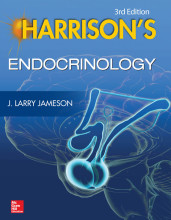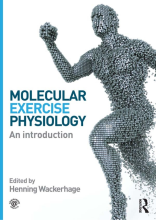Summary: Immune Modulation Of Learning, Memory, Neural Plasticity And Neurogenesis
- This + 400k other summaries
- A unique study and practice tool
- Never study anything twice again
- Get the grades you hope for
- 100% sure, 100% understanding
Read the summary and the most important questions on Immune modulation of learning, memory, neural plasticity and neurogenesis
-
1 The role of the immune system in learning, memory, neural plasticity and neurogensis under quiescent conditions
This is a preview. There are 1 more flashcards available for chapter 1
Show more cards here -
What is the mayor function of the first chapter?
To review the physiological beneficial effects of the immune system under normal, quiescent conditions. -
Does the immune system function autonomously?
No, the immune system is influenced by the endocrine and the neural system too. -
Which immune cells do interact with the brain to aid in neural plasticity?
- microglia
- astrocytes
- dendritic cells
- T cells
- endothilial cells
-
Which immune systems are involved in synaptic pruning?
- The MHC-1
- the complement system
-
How can the brain activate the endocrine system?
By neural stimulation of the HPA-axis and the autonomic nervous system. -
Why did the interaction between the immune system and the brain under normal circumstances not receive attention?
Probably because of the overwhelming evidence for brain inflammation caused by immune processes. -
1.1.1 The role of T cells
This is a preview. There are 5 more flashcards available for chapter 1.1.1
Show more cards here -
What is the main idea about T CD4 cells directed to self-antigens?
The are thought to be neuroprotective. -
Who postulated that circulating T cells play a supportive role in brain and mind functioning?
Jonathan Kipnis and Michaela Schwartz -
What is Kipnis and Scwartz their claim that T cells are involved in neuroplasticity?
T cell deficient mice exhibit impaired hippocampal learning and memory. -
How did Kipnis (2004) restore learning deficits induced by neurotransmitter abnormalities?
He boosted the T-cells of the animals with a weak agonist of auto-antigen T cells.
- Higher grades + faster learning
- Never study anything twice
- 100% sure, 100% understanding
































